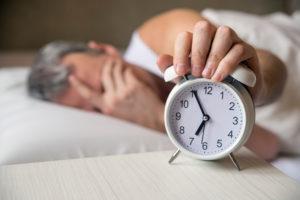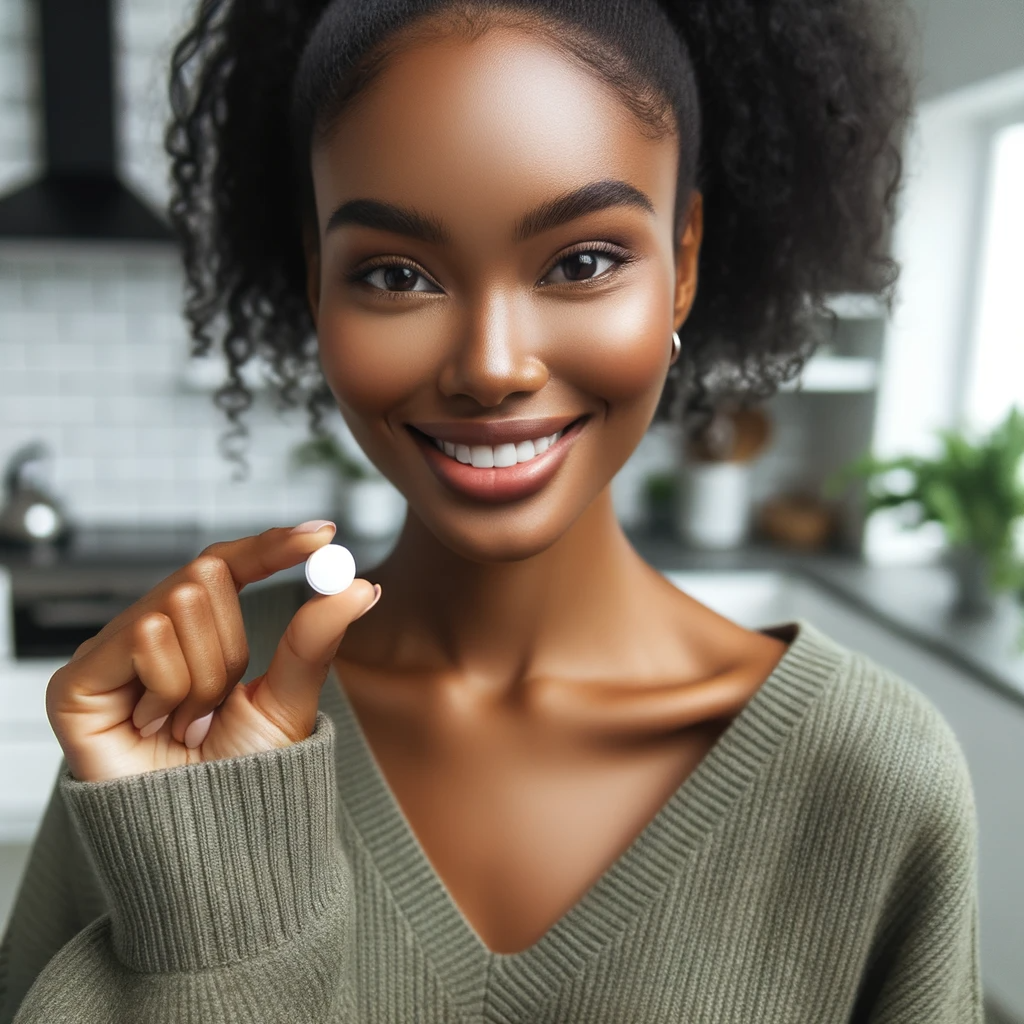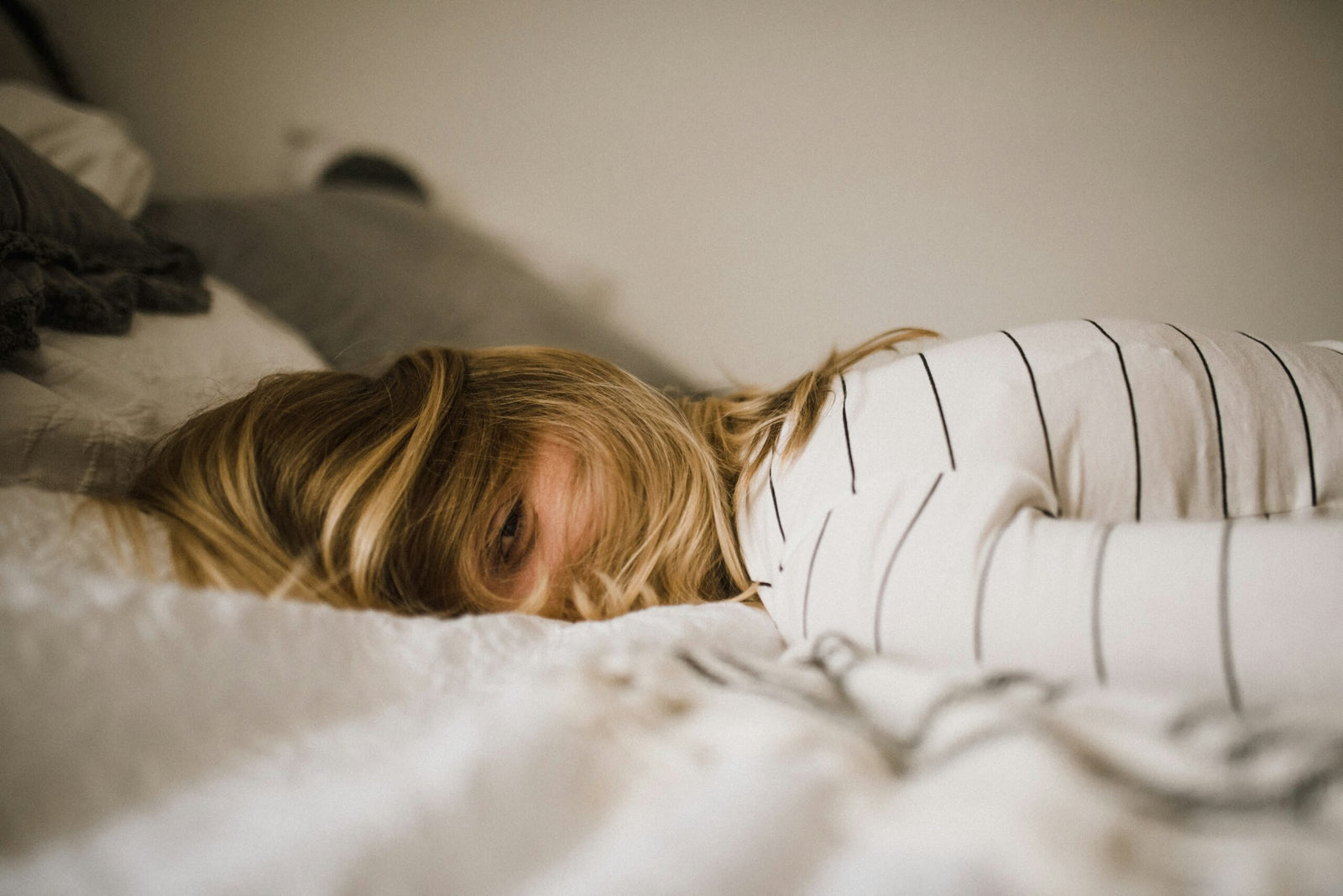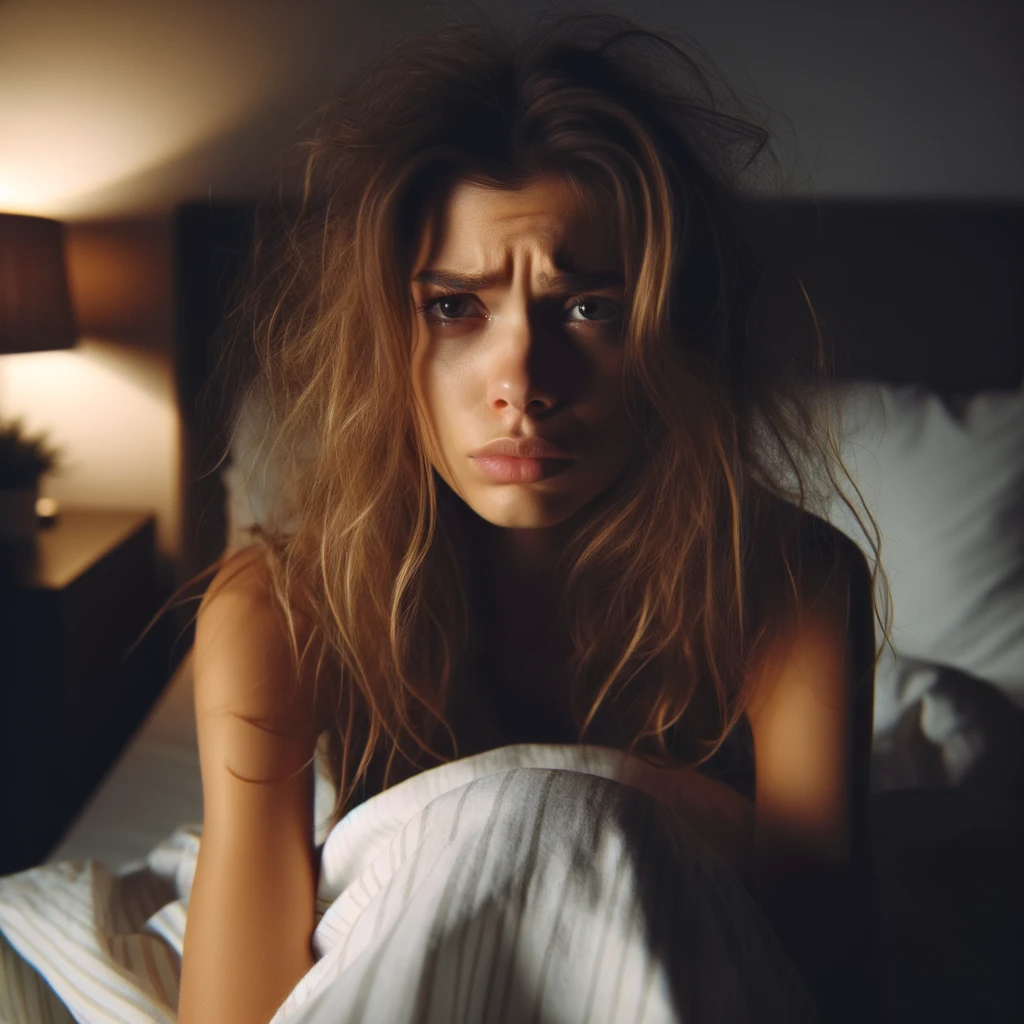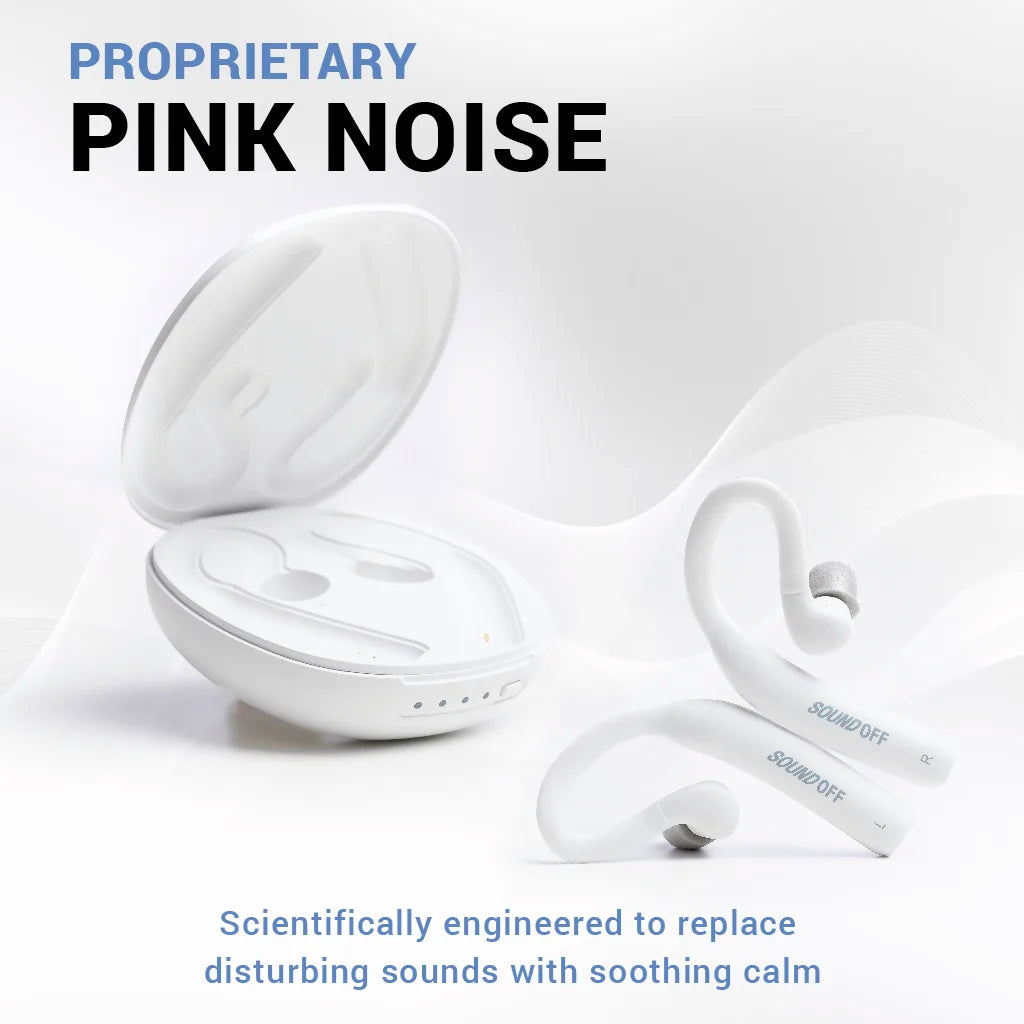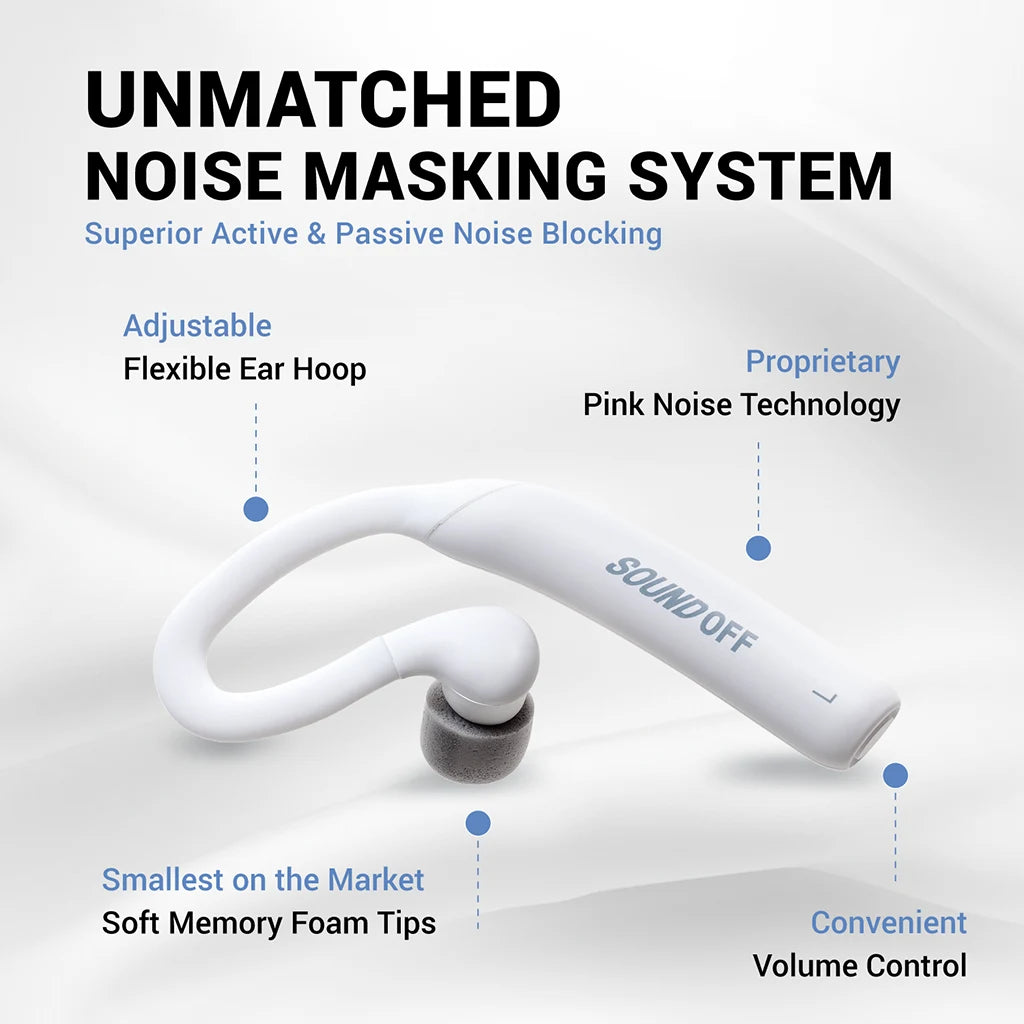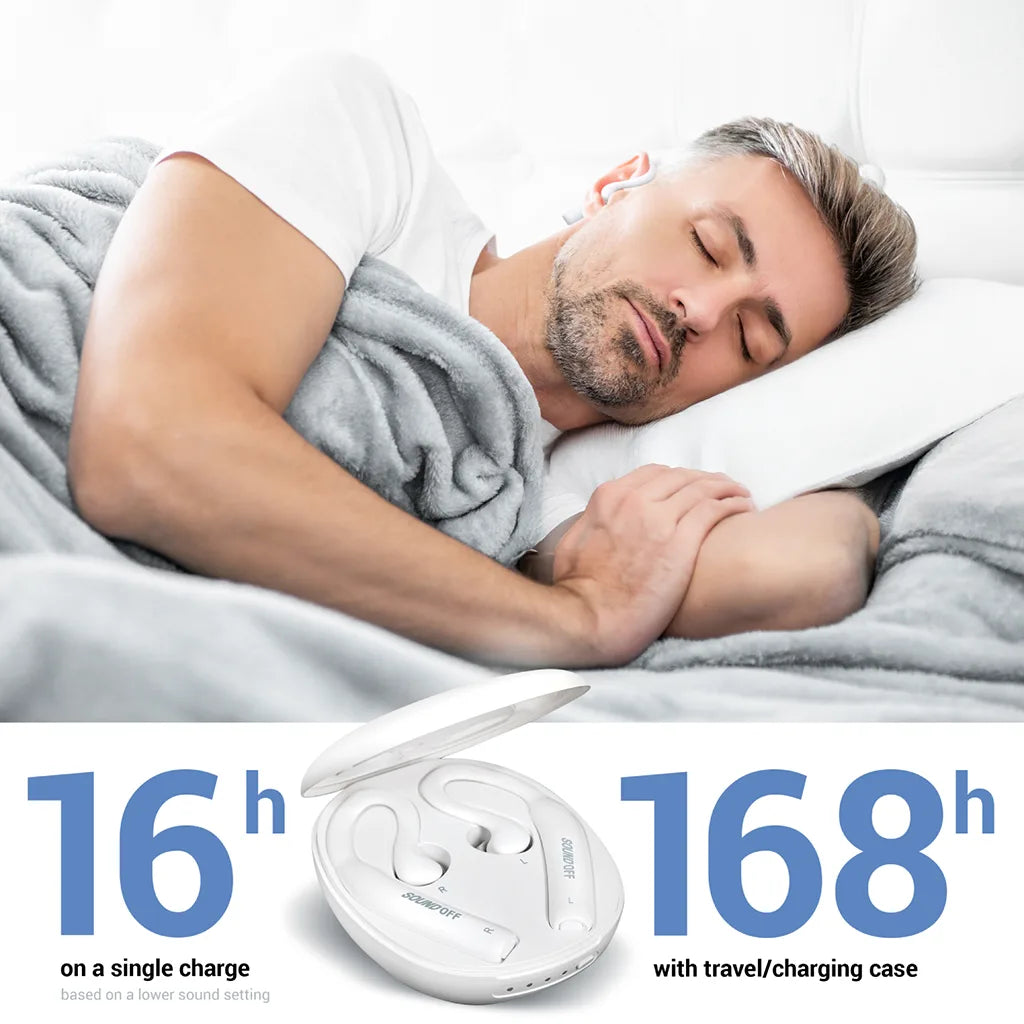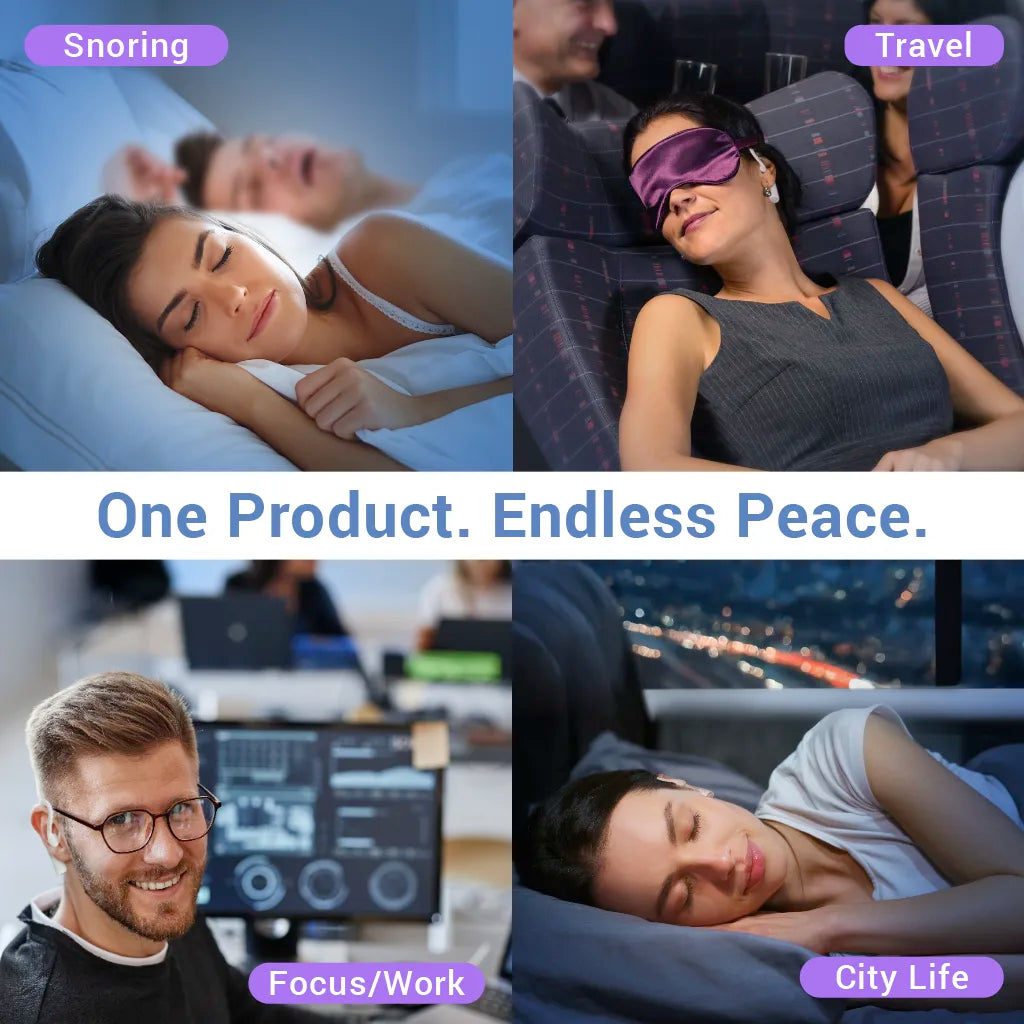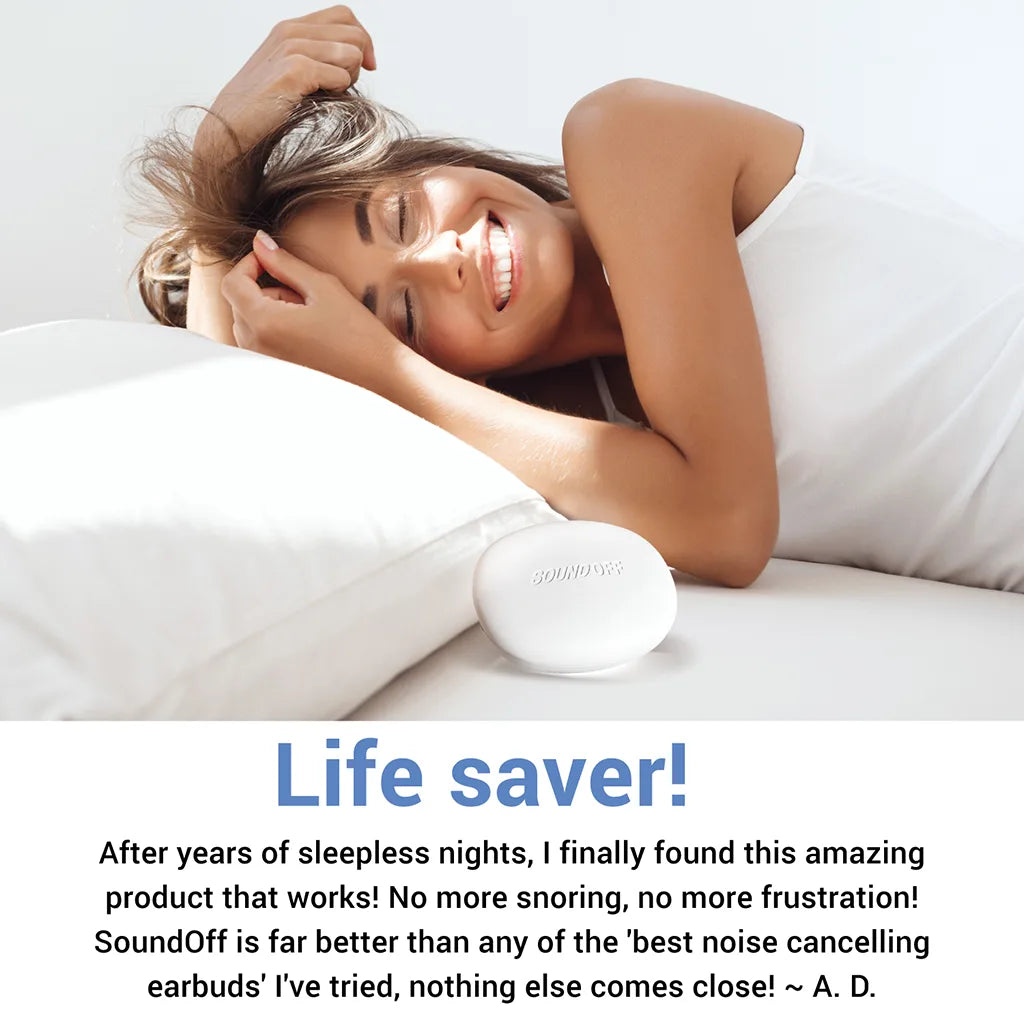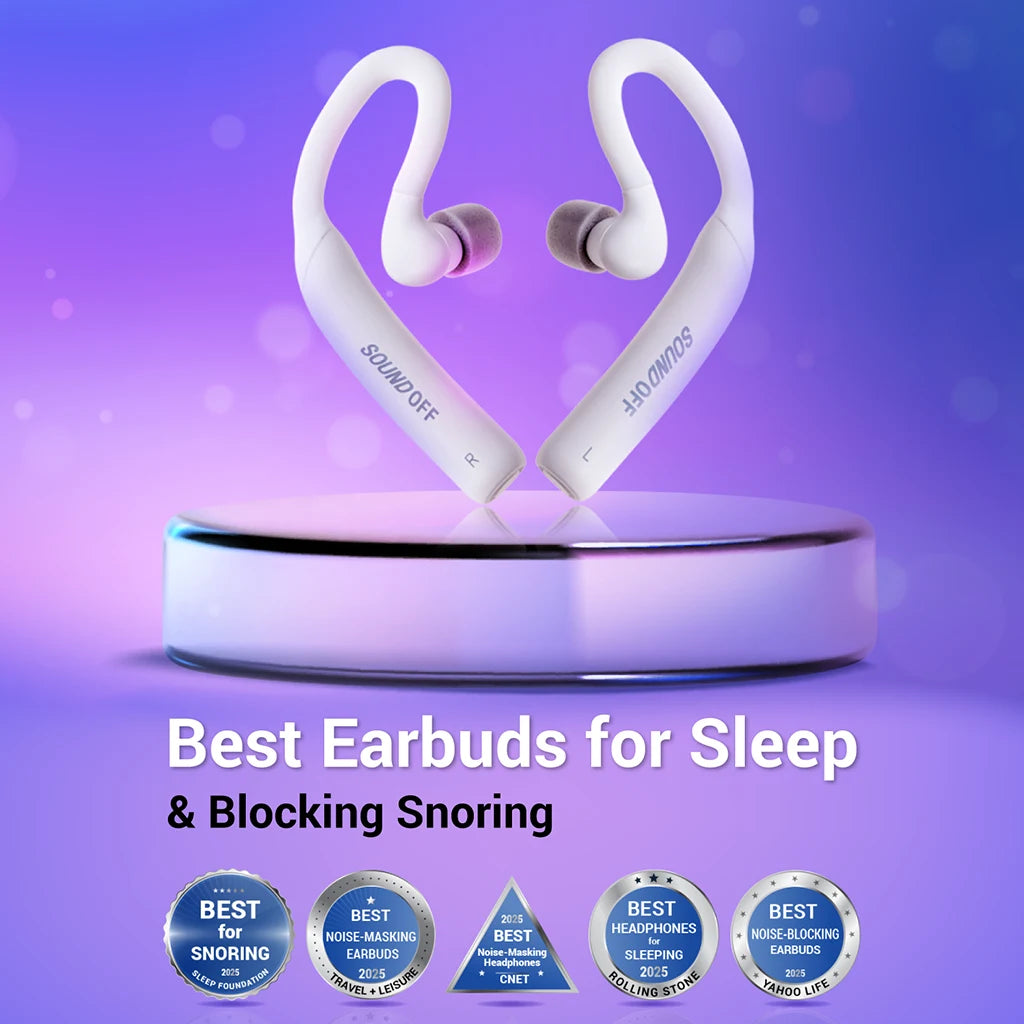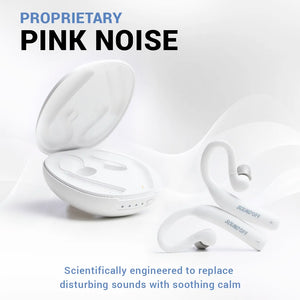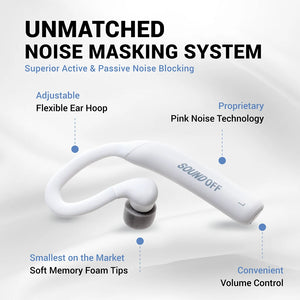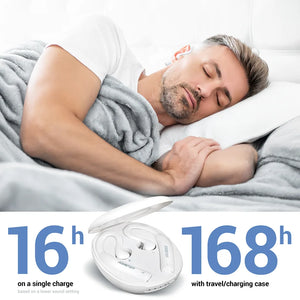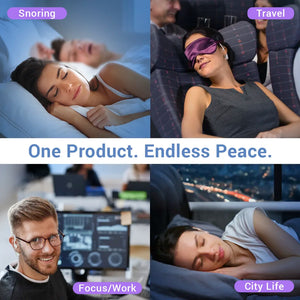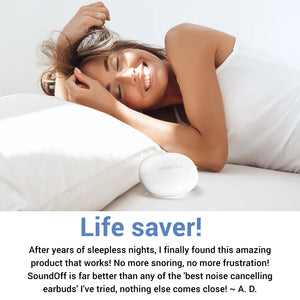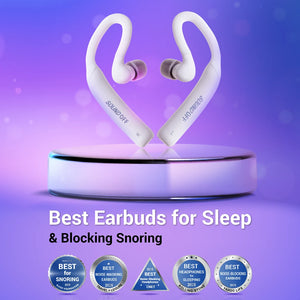
Introduction:
Millions of people suffer from some kind of sleeping disorder, and there are many reasons why. We study hard, work hard, and play hard. We stay up late to party or celebrate. Sometimes we just don’t want to go to bed when we’re supposed to.
But being tired occasionally and missing sleep occasionally may not be that bad. It is bad is when it becomes a constant, habitual occurrence. There are many health benefits to sleep, but when we can’t get the sleep we crave, it affects our lives in some way. If it is a constant occurrence, we may be looking at a serious problem, sleep apnea.
Symptoms of Sleep Apnea
Sleep apnea means you stop breathing.
There are two basic types of sleep apnea: Obstructive Sleep Apnea (OSA) and Central Sleep Apnea (CSA). OSA is the more common of the two and is caused when soft tissue in the back of the throat collapses during sleep and blocks the airway.
Central Sleep Apnea is caused by the brain failing to send signals to the body’s muscles to breathe. There is no blockage of the airway, but it is still a dangerous disorder.
There can also be Mixed Sleep Apnea which is a combination of the two.
When a sleep apnea event occurs, the sleeper stops breathing for a brief period of time, and the brain signals that there’s a problem and sends a command to resume breathing. This happens over and over again, with constant disruption of sleep.
The result is poor sleep quality and quantity, with resulting health consequences.
When can you tell if someone has sleep apnea? When can you tell if you have it yourself? There are several warning signs to look out for. Here are the most common symptoms of sleep apnea.
Loud snoring
Have you ever been awakened by your own loud snoring? Or have you had the experience of putting a pillow around your ears to mask the snoring of your partner?
Snoring is one of the most common and obvious signs of a sleep disorder which may be caused by sleep apnea. The snoring may be accompanied by a loud gasping for breath as the sleeper tries to recover.
The loud snoring is caused by the vibration of the soft tissues in the back of the throat as they relax and compress the airway. Snoring is a sign of interrupted breathing and is one of many symptoms of sleep apnea.
Interrupted breathing
A sleep apnea event is the interruption of breathing. The person may not even know it is happening until someone else notices the snoring and mentions it.
Oxygen levels in the blood drop to the point of emergency action needed by the brain to restart the breathing process – much like jumping the battery in a car that won’t start.
An apnea event lasts from 10 to 20 seconds and can occur hundreds of times throughout the night.
A person suffering from sleep apnea is tired throughout the following day, exhibiting various health effects that stem directly from the loss of sleep.
Feeling tired during daytime hours
People with sleep apnea do not get the benefits of deep sleep and as a result feel tired all day. Their brains are still hungry for oxygen, and they may walk around in a zombie-like state all day. An occasional yawn is a good indicator of that desire for more oxygen.
It is possible, of course, that someone may be sleepy during the day because he or she did some late-night studying or late-night partying. This does not mean they have apnea. But if it happens all the time, that is another story.
Having trouble waking up in the morning, feeling chronically fatigued, and lacking overall energy can mean that the person has a disorder called excessive daytime sleepiness (EDS), and is a condition that can lead to accidents and poor performance at school or on the job.
Insomnia and restless sleep
If you constantly have trouble falling asleep and staying asleep, you may have insomnia. People with this sleep disorder just can’t relax enough to fall into a state of sleepiness. They do some reading or put on the TV to try to “tire themselves out” or at least serve as a distraction.
When insomniacs do fall asleep, they usually awaken again during the night and then have the difficulty of not being able to resume sleep.
Tossing and turning is a physical reaction that can be caused by physical, mental or emotional problems. The body doesn’t seem to want to go to sleep.
The sleeper may also have what is called “restless leg syndrome” which could be another sign of apnea.
As is the case with many of the sleep disorders associated with apnea, the result of insomnia is poor quality of life and heightened possibilities of further health degradation.
Moodiness and depression
When someone is in a bad mood, you will often hear someone else say, “Did you get enough sleep last night?” That observation might be very accurate. Loss of sleep can make a person very moody and acts as one of many symptoms of sleep apnea.
The sufferer finds it difficult to concentrate, focus, remember or make decisions. They are often confused and irritable, forgetful, and slow to do the most ordinary things. They get easily frustrated with themselves and with others.
This all leads to moodiness and over-sensitivity.
Sleep apnea can also be an underlying cause of other mood-related disorders like anxiety and depression. If you observe anyone who seems tired and moody on a regular basis, you may want to suggest a visit to that person’s physician to see if sleep apnea is present as well.
Dry mouth
Waking up with dry lips and mouth and a sore throat could be a sign of sleep apnea. The condition might be caused by the person sleeping with his or her mouth open, and not enough saliva produced to moisturize the airways.
But it is also possible that this condition is caused by something other than sleep apnea, like excessive drinking of alcohol or smoking. Dry mouth symptoms should be looked at in conjunction with other symptoms before concluding that sleep apnea is the issue.
Nighttime urination
Healthy adults should be able to sleep through the night without having to visit the bathroom. If they need two or more visits during the sleep cycle, they may have a disorder called nocturia.
As people get older, nighttime urination tends to increase. And while this could be one of the symptoms of sleep apnea, it could also be just the result of excessive fluids consumed just before bedtime.
On the other hand, it could also be a sign of a different disease like diabetes. Frequent and chronic nighttime urination is a symptom serious enough to be checked out by a physician.
Headaches
Sleep apnea sufferers often have daytime headaches. The body has not received enough oxygen, with the result of blood vessels widening and associated headaches.
Sleep apnea can cause migraine headaches that stem from sensitivity to light and sound and usually occur in the morning. Over-the-counter medications can help temporarily, but the longer-term solution is higher quality sleep.
Other symptoms of Sleep Apnea
When breathing is interrupted, and oxygen levels are low, the brain jump-starts the breathing process. This causes a spike in blood pressure as vessels constrict to deliver the needed oxygen.
Repeated spiking of pressure levels conditions the body for heightened blood pressure all the time. While high blood pressure can have other causes, its presence indicates a need for medical assessment of possible sleep apnea.
Obesity is a possible cause, and symptom of apnea. Overweight people can have excess fatty tissue in the neck and throat that contribute to the disorder. Significant weight loss often corrects sleep apnea.
If you think you or a partner has sleep apnea, it is best to consult with a physician to explore possible testing. This might involve sleep studies or a polysomnogram (which measures brain activity, eye movements, heart rate, etc.). Evaluation might also include a portable home monitor.
Whatever path you take, sleep apnea is a serious disorder worthy of your time and attention. A physician can help you determine the best treatment for you.
If you're losing sleep because your partner suffers from sleep apnea, give our snore-blocking earbuds a try. SoundOff's robust noise blocking technology will both mute the snoring sound, and relax you, so you can fall asleep and stay asleep.


